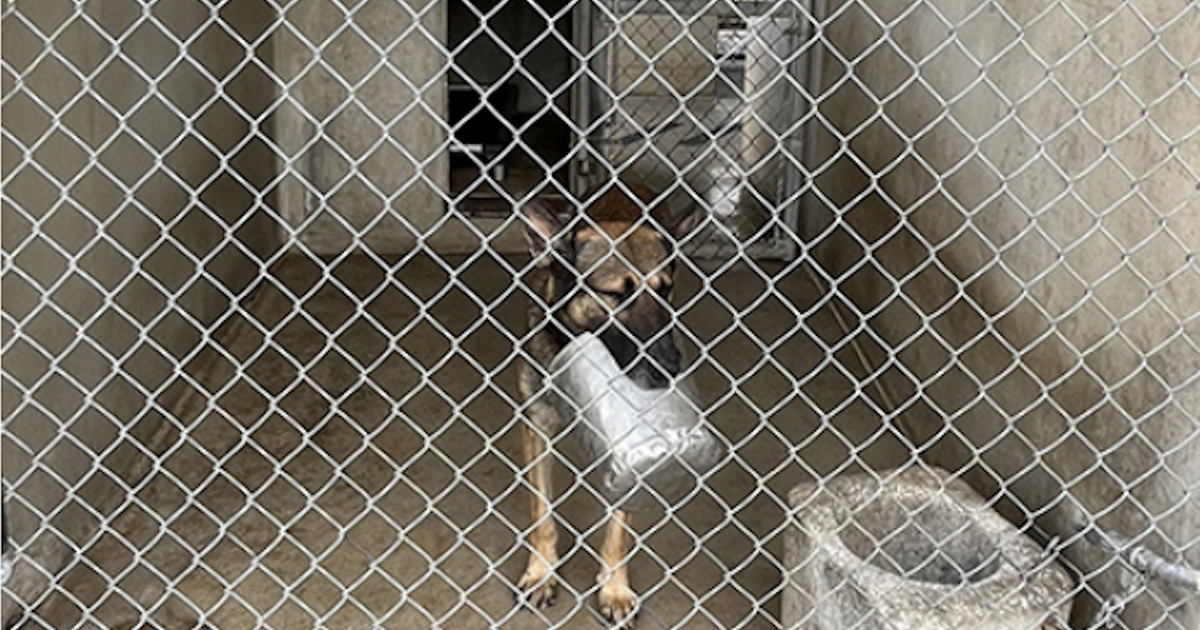First diagnostic test for Zika virus gets FDA's OK to market
- The U.S. Food and Drug Administration authorized the marketing of the first diagnostic test for the Zika virus.
- InBios is a Seattle-based developer of kits to detect tropical or "neglected diseases."
- Zika is of particular concern for pregnant women, or those who might become so.
Four years after Zika fever began making alarming waves on the global stage, the U.S. Food and Drug Administrating is allowing the marketing of the first test to detect the Zika virus in human blood.
The FDA's authorization involves a test dubbed the ZIKV Detect 2.0 IgM Capture ELISA, made by InBios, a Seattle-based developer of diagnostic kits for viruses including West Nile and dengue. The company has "a niche in tropical, or neglected diseases," said a spokesperson.
Zika was the first mosquito-born virus viewed as capable of causing severe birth defects on a large scale, with microcephaly — a condition in which infants are born with abnormally small heads and underdeveloped brains — one of its more horrid outcomes. There have also been increased reports of Guillain-Barre syndrome, an illness of the nervous system, in areas affected by Zika.
First identified more than 50 years ago, Zika "continues to be a problem in many parts of the world," according to the Centers for Disease Control and Prevention, which noted there is no vaccine to prevent infection or medicine to treat it.
The CDC in 2016 warned women who were pregnant or might become so to avoid traveling to almost 100 countries or regions due to the mosquito-borne virus. The CDC downgraded that warning in February, and the World Health Organization was expected to follow suit, after designating Zika as a global health emergency only three years ago.
The FDA previously authorized tests for detecting Zika virus antibodies only for emergency use.
The agency's "marketing authorization is a great demonstration of the FDA's work to protect the public health in emergency response situations," FDA Acting Commissioner Ned Sharpless, said in a statement last week. "We ensured there were tests made available quickly under (Emergency Use Authorization,) but we continued to work with diagnostic manufacturers to take the next step of ensuring products were FDA reviewed for safety and effectiveness and authorized under our traditional premarket authorities."
The overwhelming majority of the more than 5,600 U.S. cases of Zika tallied in 2016 and 2017 by the CDC involved travelers to affected areas, with 339 cases attributed to mosquito-born infections in Florida and Texas.



